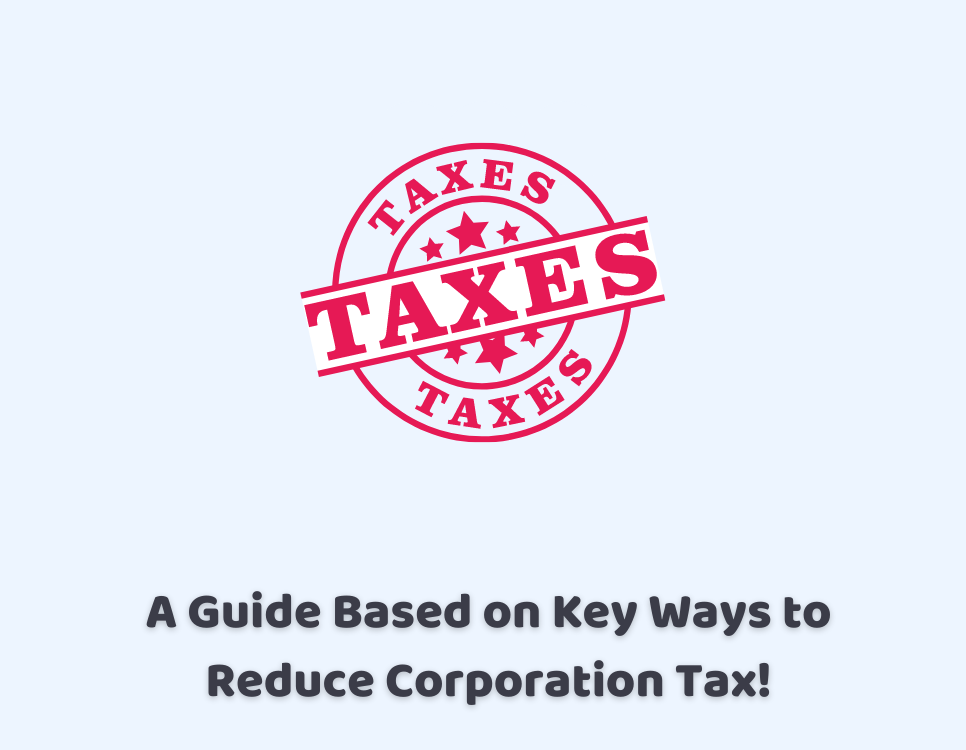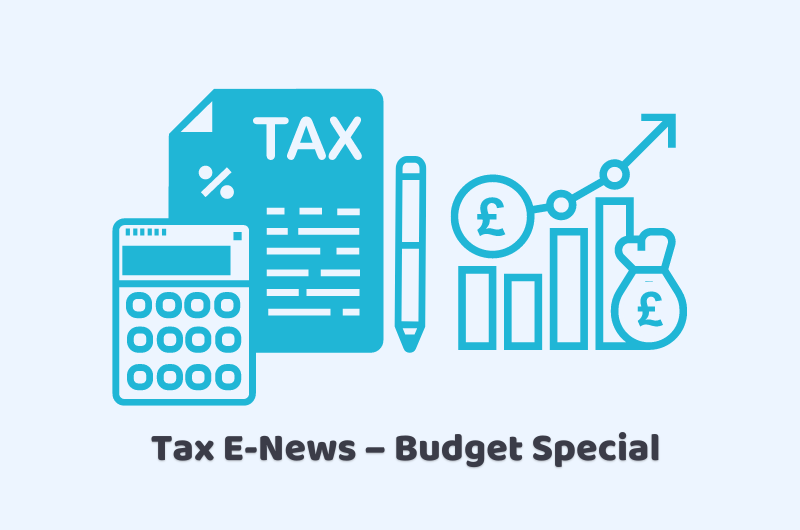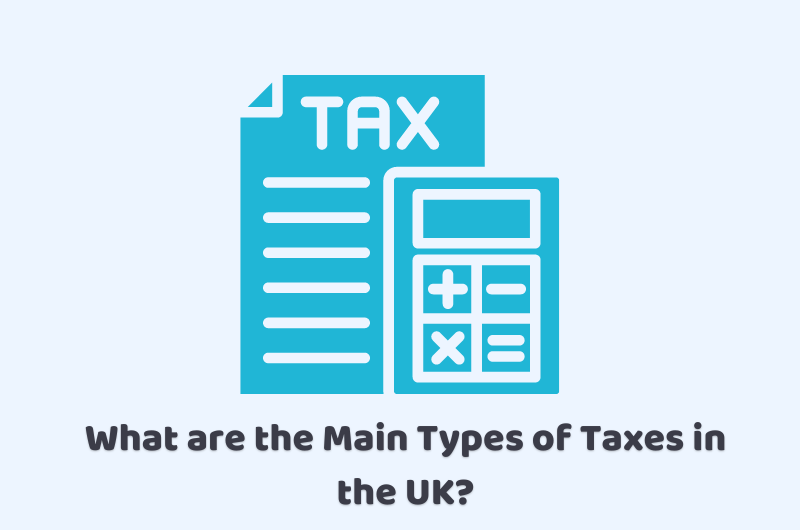
20/05/2022Tax Issues , Tax Saving Tips , Taxation
If a business owner aims to find key ways to reduce corporation tax, he can find more than 100 ways to do so. The will of reducing the taxes will help find a way. In this comprehensive guide, the smart and easy keyways are narrowed down for you which will be really helpful.
Especially in the case of owners who carry out small businesses, there are multiple options to do so. If you are in the UK and associated with the business world the chances of reducing your taxes are even higher. There is no need to panic as according to research there are actually 32 ways to reduce the tax with the owners who carry out small businesses.
Let’s discuss the most prominent keyways here to make the deadly tax year-end a little relaxing.
Pay Your Civil Partner or Spouse
In case you tend to pay your civil partner or your spouse for working without business as a salary. This will come under allowable expense and will save you from the tax bills. Consider the following ways to make it possible:
- Your spouse or civil partner earns an amount that is less than the amount of income tax-free allowance. The process will be free of tax and the amount goes straight into their pockets.
- This will help to grow family wealth and reduce taxes.
So get ready to treat your family to some family trips with this smart earned amount. Moreover, in the case of a family member having shares in the business, he can additionally get the tax-free amount of dividends. This way makes it possible to extract some amount from your limited company and pay no tax on it.
Furthermore, it is important o follow the right share structure for your business if you want to avail such benefits from the company.
Our young and qualified team of professionals can actually give easy solutions to your tax problems. So pick up the phone and reach out to us now for instant help. Call us on 02086868876 or email us today.
Gift Shares to Family
It is to be considered that while you decide to gift shares to any of your family members, there is the possibility of tax implications. However, this is still worth doing as you will definitely be in a win-win situation.
Employ Your Children
Several people who are even carrying out their own business are unaware of this option and the possibility. This is important to know that your child should be over the age of 13. Some conditions for the working hours have to be followed as well as the child has to practically do some work for your business.
Furthermore, a fair commercial rate can be given to the child. There can be a discussion on if you are paying your children, should it be a tac deductible amount or not.
Pension Contributions
For those who are tired of dealing with the high tax rates, this one is the best solution to go with. The contributions we make for pensions are normally free of tax.
Business and Personal Assets
Sometimes the businessmen use their own personal assets for the business. In order to reduce the tax liability and there is a possibility to make a claim. The example of such businesses where you are using your gadgets like laptop and mobile phone is considered as personal assets. You can make a claim for this personal asset.
Wrapping Up
Finally, the discussion of ways to reduce corporation tax can be summed up as the important information is well gathered and discussed in the guide. Dealing with taxation is often considered a complicated process, business-related individuals usually seek professional help to get rid of paying high amounts for tax bills.
We hope these few minutes of reading will further help to make smart and accurate choices to save your amount from paying taxes over the end of the financial year.
If you are looking for a helping hand to talk about taxation, we offer a one-hour free consultation. Call and discuss your requirements with us for an instant solution.
Disclaimer: The information about ways to reduce corporation tax provided in this article is general in nature. It does not intend to disregard any professional advice.



